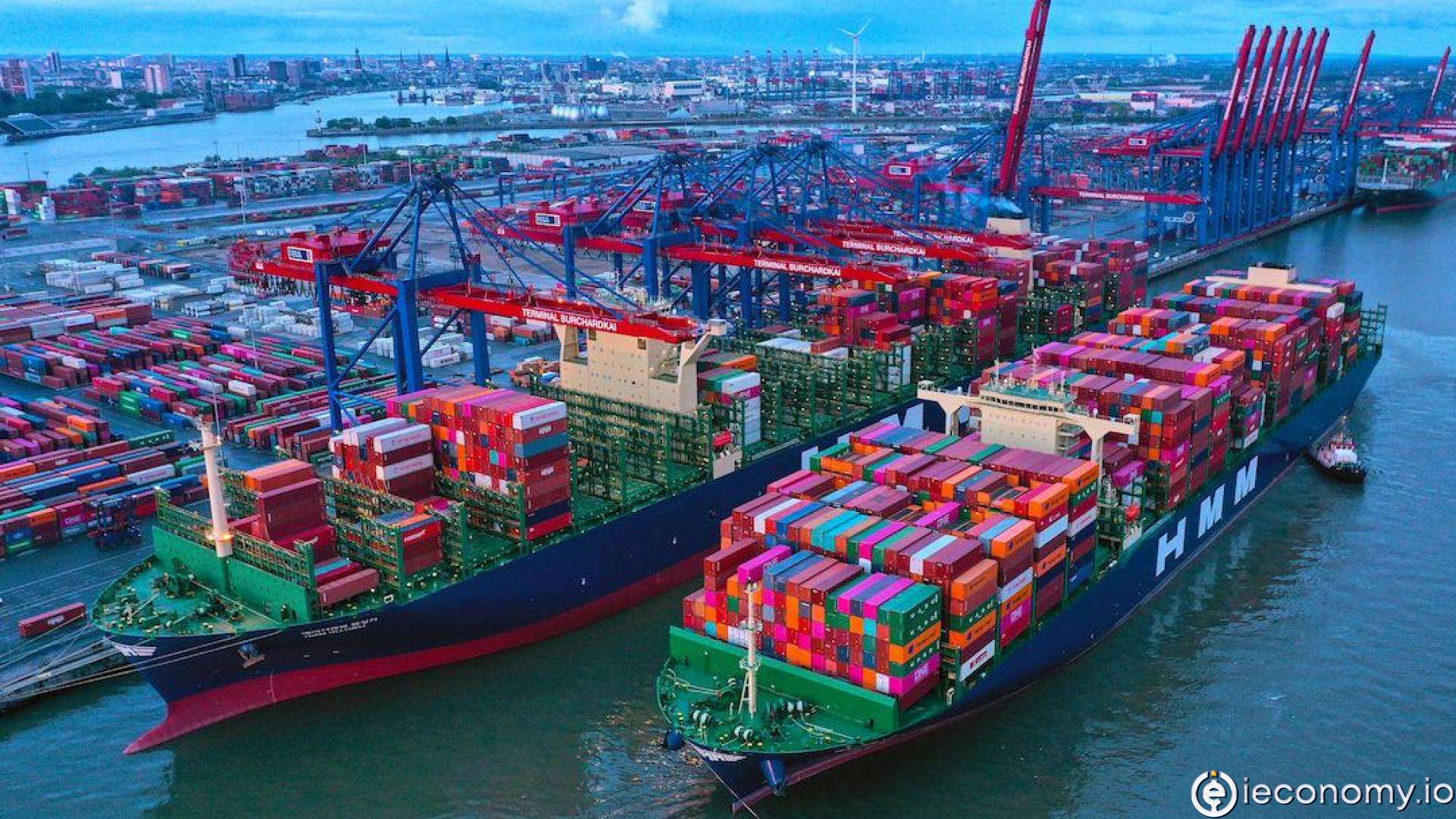4583
0
Sales prices in German wholesalers rose sharply in August
Sales prices in German wholesalers rose sharply in August. They were 12.3 percent higher than a year earlier.

Yazar: Tom Roberts
Yayınlanma: 14 Eylül 2021 04:57
Güncellenme: 2 Mart 2026 17:59
Sales prices in German wholesalers rose sharply in August
Sales prices in German wholesalers rose more sharply in August than they have done in decades. They were 12.3 percent higher than a year earlier, according to the Federal Statistical Office. The last time there was a stronger increase was in October 1974 with 13.2 percent during the first oil crisis. The upward trend in prices accelerated again significantly: in July the rate of inflation was 11.3 percent and in June 10.7 percent. The development is an indicator of future inflation tendencies, as wholesaling is the hinge between manufacturers and end customers. "The high increase in wholesale prices compared to the previous year is due, on the one hand, to the current sharp rise in prices for many raw materials and intermediate products," explained the statisticians. "On the other hand, there is a base effect due to the very low price level in the previous months in connection with the Corona crisis." According to the information, a strong price driver was the development of ores, metals and metal intermediate products: They rose by 63.4 percent. There were also particularly sharp price increases in the wholesale of scrap and residual materials (+101.7 percent), raw and sawn timber (+57.8 percent) and solid fuels and petroleum products (+35.5 percent). Grain, raw tobacco, seeds and animal feed were also considerably more expensive than in the previous year (+19.3 percent). Due to the significant recovery of the world economy from the Corona recession, the prices for many products are currently rising rapidly. The world's largest economies, the USA and China, in particular, are forecast to see strong growth this year, especially since major economic stimulus programs have been launched there. German consumers also feel this in prices: the inflation rate is currently 3.9 percent, higher than it has been since 1993.İLGİLİ HABERLER





European stocks soared and focus shifted to German retail sales after Powell's speech!

Forex Signal For TRY/USD: Inflation Slowdown in November.

Forex Signal For GBP/USD: Bullish Trend Still Not Breaking While Recovery Continues.

Forex Signal For EUR/USD: Starry US Data Points to Higher Fed Increases.

Forex Signal For BTC/USD: Downside Continues as Bitcoin Recovery Moves Less.
En Popüler Haberler
Yorum Yap
Yorumlar
Henüz yorum yapan yok! İlk yorumu siz yapın...